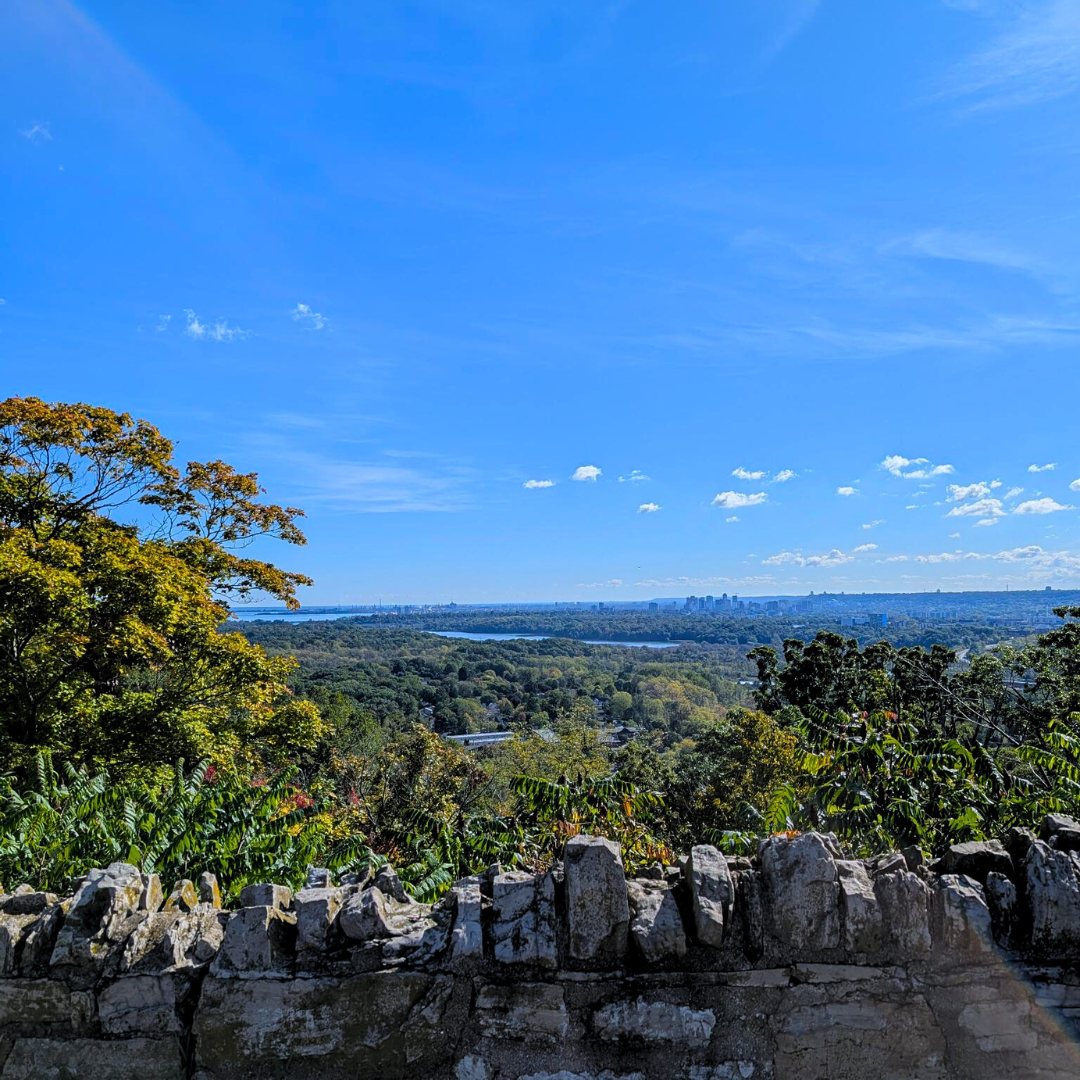Each year, September 30 marks the National Day for Truth and Reconciliation, where we honour the children who never returned home, the survivors of residential schools, and their families and communities. September 30 is also Orange Shirt Day, where we wear orange to show our support for reconciliation and remind us of the enduring truth that every child matters.
The Truth and Reconciliation Commission has seven Calls to Action specific to healthcare in Canada. These calls to action remind us that there is much work left to be done, not only to recognize and mourn the effects of colonization on the health and wellbeing of First Nations, Métis and Inuit communities, but also to close significant gaps in health outcomes, provide culturally safe care, and improve the representation of Indigenous healthcare providers in all areas of our health system.
Learn more about Indigenous health in Hamilton
De dwa da des nye>s serves Hamilton, Brantford and Niagara’s Indigenous communities with culturally safe programs and services, including primary care and health promotions programs. While they are not currently accepting patients, you can learn more about De dwa da dehs nye>s on their website and donate to their Capital Project, the Biindigen Well-Being Centre, to support bringing more Indigenous-led collaborative care to the community.
In 2011, Well Living House, an action research centre for Indigenous infants, children, and their families’ health and well-being, released Our Health Counts: an Urban Aboriginal Health Database Research Project. Key findings from this project identified significant housing, income, and health inequities between Indigenous and non-Indigenous communities in Hamilton.
In 2023, the City of Hamilton Public Health Services released an Indigenous Health Strategy, developed in partnership with leaders of Indigenous organizations and Indigenous community members across the city. This strategy identified specific supports or services that are needed in Hamilton, with the most commonly identified needs in surveys and interviews being access to traditional healing and wellness (67% of respondents), followed by access to housing (62%) and access to primary healthcare (38%).
Both reports shared recommendations for improving health outcomes for Indigenous community members in Hamilton, many of which line up with the Truth and Reconciliation Commission Calls to Action, such as increasing access to culturally safe care, supporting self-determination of health care delivery, and advocating for further funding of Indigenous health and housing services.
How can I take steps towards reconciliation?
From the Indigenous Peoples Atlas of Canada, “Reconciliation in this context is not just about acknowledging that residential schools occurred and that they created harm. It calls upon all Canadians to recognize the ideas and structures that created the residential schools in the first place, and to rise against these outdated and deeply oppressive ways of thinking.”
On September 30 and every day of the year, it is our responsibility to learn, listen, and act.
Attend local events
- The City of Hamilton and the Hamilton Public Library are holding events throughout this week.
- On September 30, The Woodland Cultural Centre will be unveiling the former Mohawk Institute Residential School as an Interpretive Historic Site.
- On October 4, join A Walk Towards Truth, a reflective fundraising walk in Brantford to honour residential school survivors and their communities.
- On October 16, De Dwa Da Des Nye>s – Hamilton, Brantford, and Niagara’s Aboriginal Health Centre – is holding an October Moon Gala in support of Biindigen Well-Being Centre, a new community centre that will offer integrated health, family, social, education and housing services to the Indigenous community in Hamilton.
- Find more local events in the Hamilton Spectator.
Read, watch, listen
- Reconciliation: A Starting Point is a mobile app you can download to learn more about First Nations, Inuit and Métis peoples, including key historical events and examples of reconciliation initiatives.
- The City of Hamilton has a substantial resource list of book, films, audio, and more to learn more about the history of residential schools, colonization, and the history and present of Indigenous communities in Canada.
- Familiarize yourself with the 94 Calls to Action from the Truth and Reconciliation Commission and the United Nations Declaration on the Rights of Indigenous Peoples (UNDRIP).
